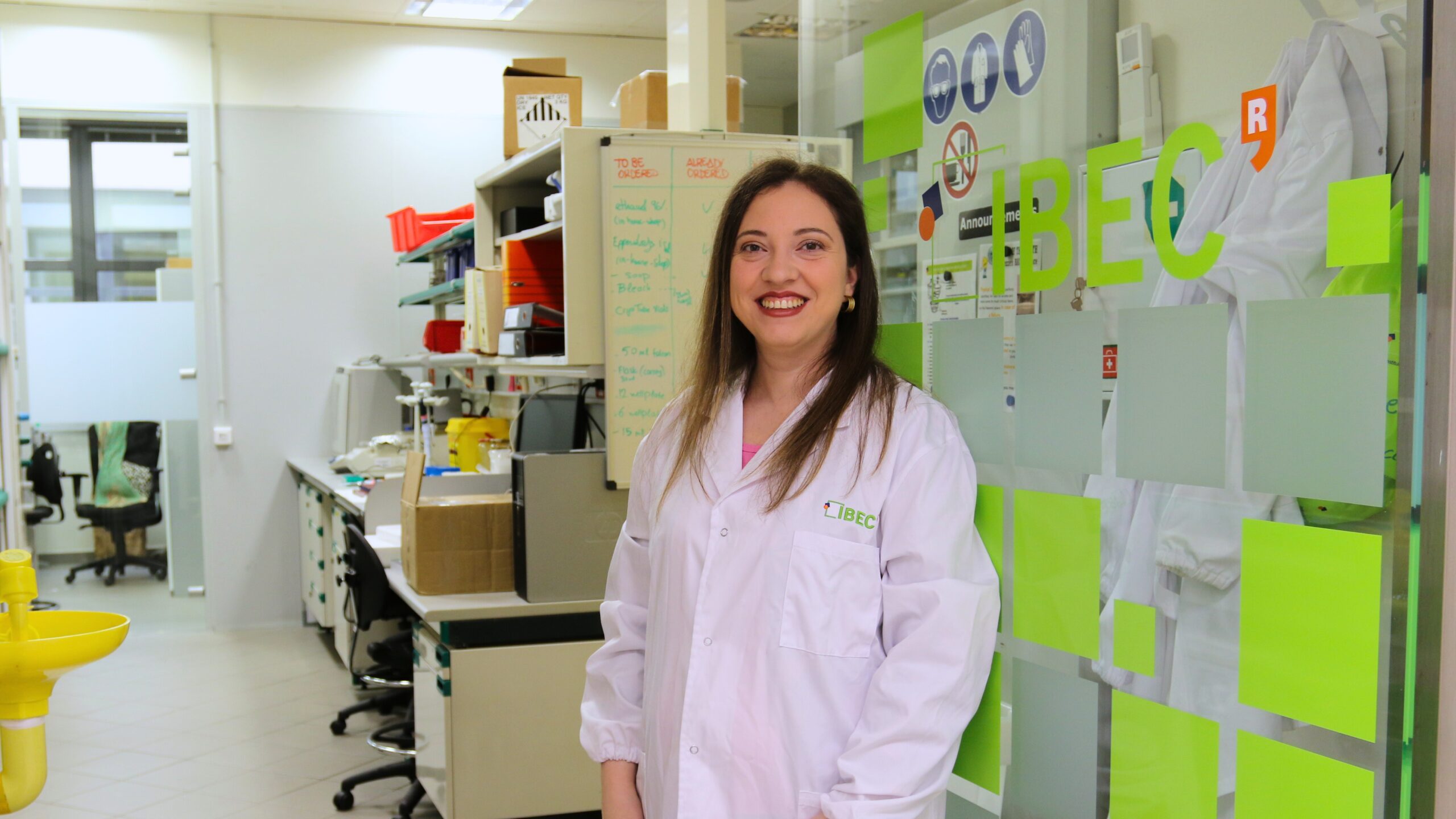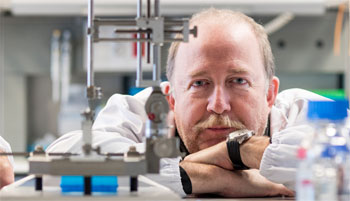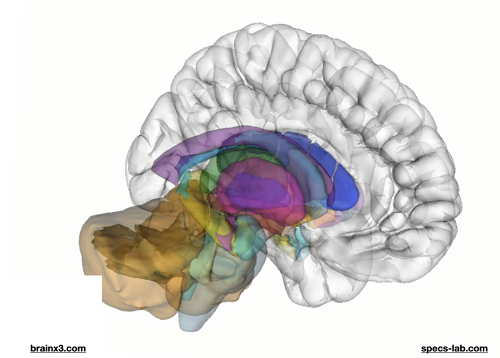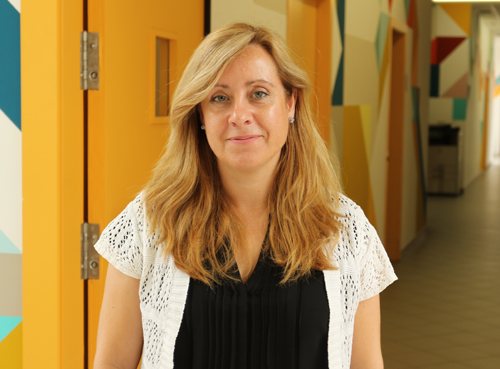Three IBEC researchers receive grants from the Spanish Association Against Cancer
Three research projects led by IBEC researchers Xavier Rovira-Clavé, David Esporrín Ubieto and Aránzazu Villasante have been selected by the Spanish Association Against Cancer for its 2025 Grant Programme. The grant presentation ceremony, held in Barcelona today, recognised the momentum behind these initiatives, which range from advanced cell therapy platforms to smart nanomotors and innovative paediatric tumour treatment strategies.









 An international group of researchers from the University of Maryland (United States) and the Institute for Bioengineering of Catalonia (IBEC) led by ICREA Research Professor Silvia Muro, has identified a new way of transporting drugs to the brain, one of the major challenges of the pharmaceutical science today, that could help to come up with new treatments for neurological diseases such as Parkinson’s or Alzheimer’s.
An international group of researchers from the University of Maryland (United States) and the Institute for Bioengineering of Catalonia (IBEC) led by ICREA Research Professor Silvia Muro, has identified a new way of transporting drugs to the brain, one of the major challenges of the pharmaceutical science today, that could help to come up with new treatments for neurological diseases such as Parkinson’s or Alzheimer’s.